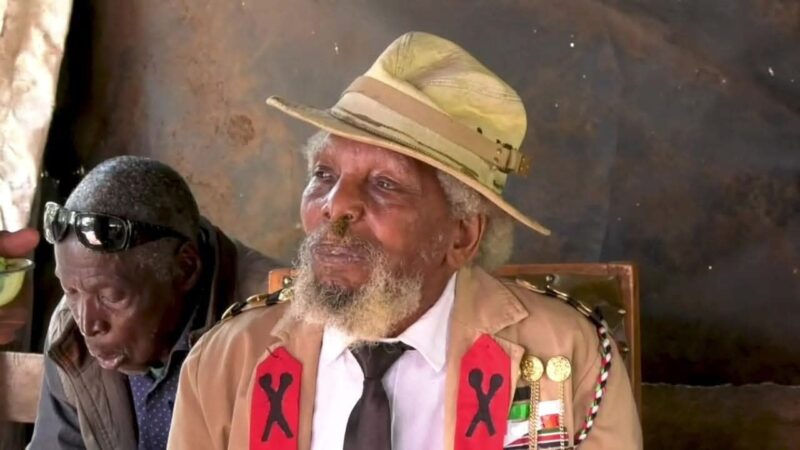Why SHA is Better at Fraud than NHIF - Kindiki
- Christabel Adhiambo

- Aug 26, 2025
- 2 min read

Deputy President Kithure Kindiki has said the newly established Social Health Authority (SHA) is showing promise in detecting fraud more effectively than the defunct National Health Insurance Fund (NHIF).
In a statement on Tuesday, Kindiki praised SHA’s systems, particularly their focus on prevention and early detection, which he said sets them apart from NHIF, which faced repeated challenges with fraudulent claims.
“SHA, unlike the defunct NHIF, is effectively detecting fraud. While NHIF faced challenges, SHA aims to strengthen its ability to prevent and detect such cases,” Kindiki said.
He noted that the new measures under SHA are designed to protect contributors’ funds and ensure resources are used to expand access to healthcare.
Setting aside loopholes that were previously exploited under NHIF, he said, is key to SHA’s credibility and to restoring public trust in the system.
The Social Health Authority, which officially took over from NHIF in October 2024 under the Social Health Insurance Act, 2023, oversees multiple funds including the Social Health Insurance Fund (SHIF), serving as the backbone of Kenya’s universal health coverage drive.

Fraud SHA Has Addressed
Health Cabinet Secretary Aden Duale confirmed that SHA has already rejected billions of shillings in suspicious claims, placed additional amounts under review, and blocked disbursement of funds pending verification.
“No amount of criticism will deter us from improving our healthcare system. SHA is committed to protecting contributors’ funds and ensuring efficient service delivery,” Duale said.
SHA has also addressed specific issues that plagued NHIF, including ghost patients, duplicate claims, inflated bills, and unauthorized facility access.
Biometric verification, real-time audits, and stricter accreditation have been used to ensure only genuine claims are paid, and staff suspected of collusion have had system access revoked.
The Ministry has shut down hundreds of healthcare facilities and downgraded others over malpractice concerns.

Several healthcare professionals, including doctors and clinical officers, have faced sanctions for suspected involvement in fraudulent practices.
Private hospitals have warned that SHA’s reliance on digitized payments, combined with limited human oversight, is causing bottlenecks.
Rural facilities in particular are facing defunding and reduced access to care.
In a positive step, the Health Ministry and insurers have rolled out anti-fraud measures such as joint audits and a shared fraud provider database to strengthen oversight.
Civil society and some medical groups have voiced concerns, warning that strict fraud controls are causing operational strain and service disruption.
Despite these challenges, Kindiki openly expressed confidence that SHA is on course to restore credibility to Kenya’s healthcare system, reduce fraud and ensure that funds are used effectively to expand access to quality healthcare for all Kenyans.








Comments